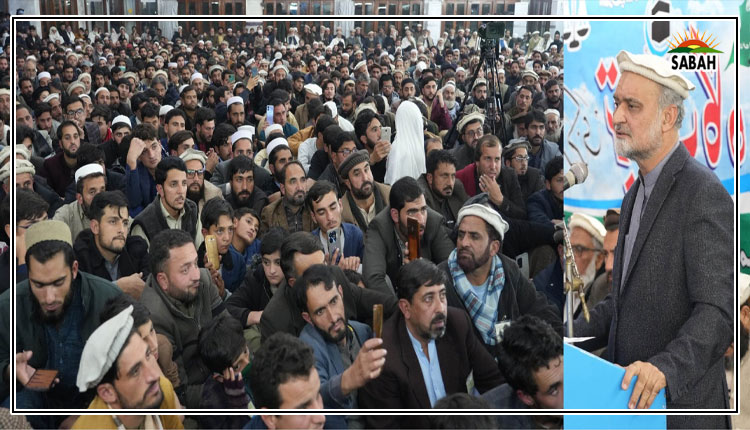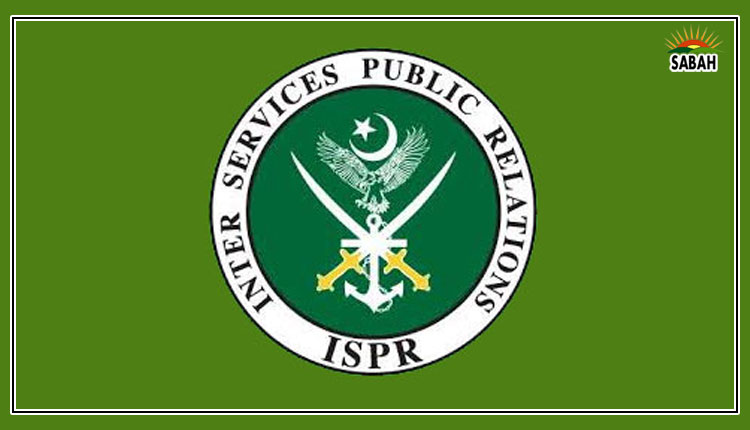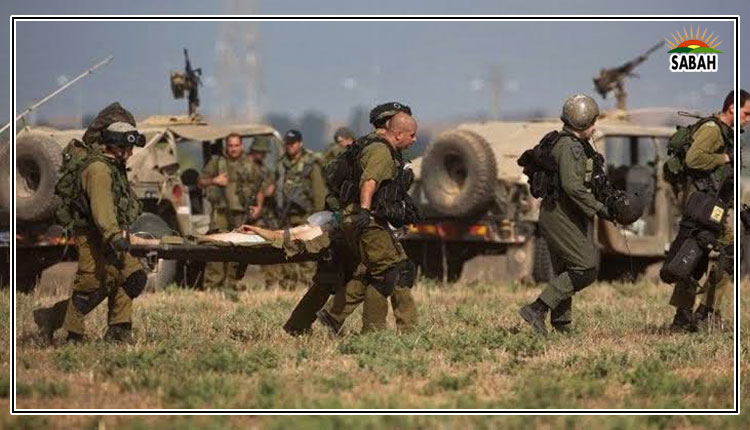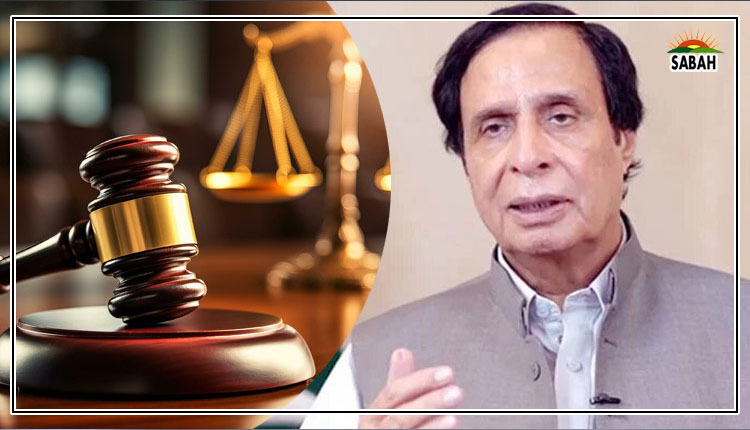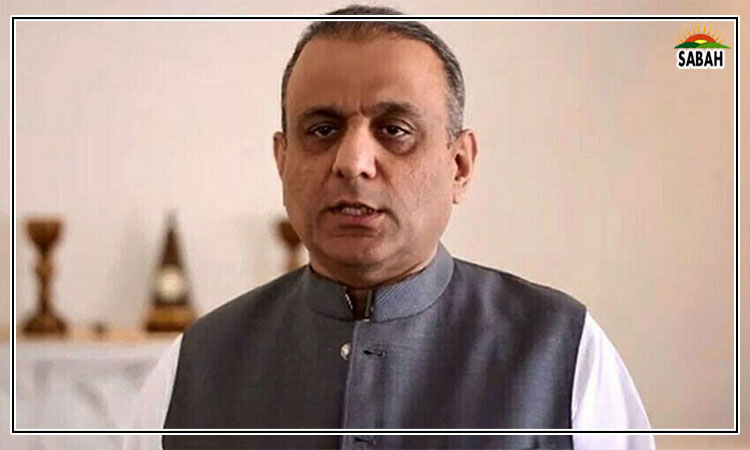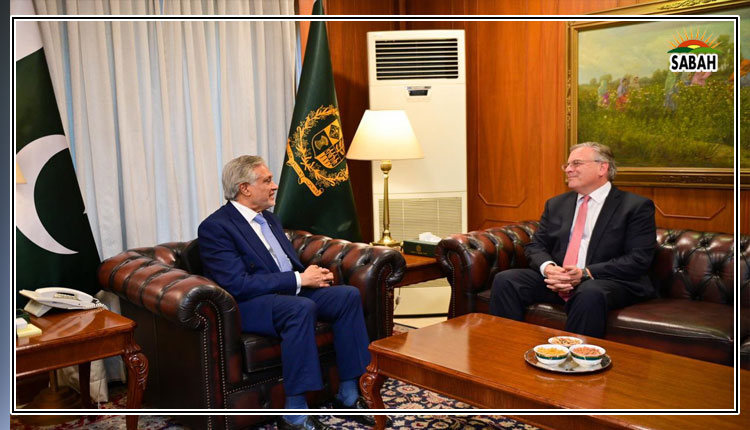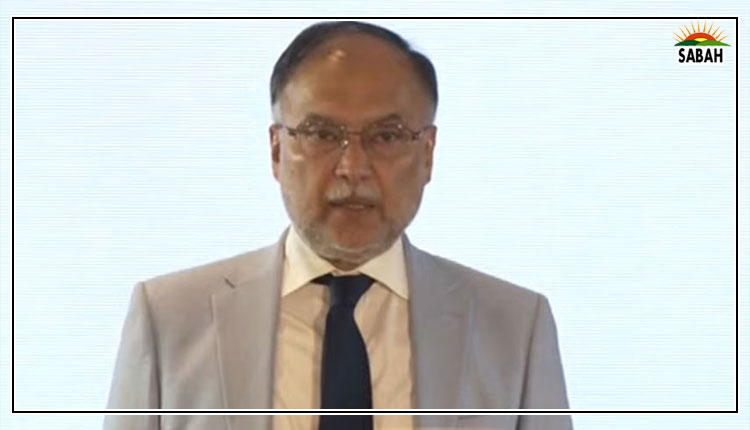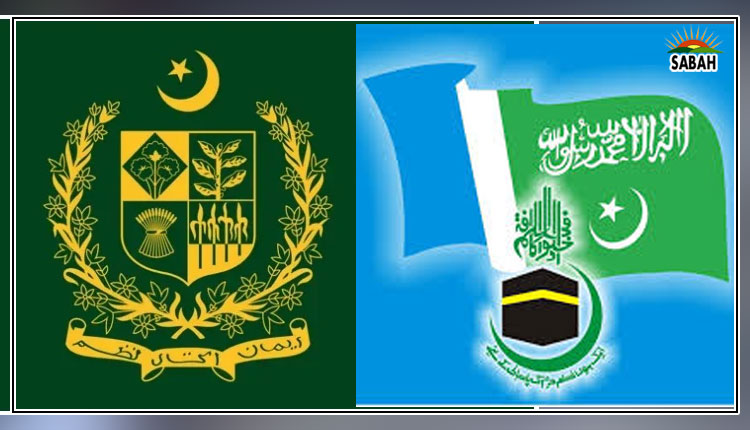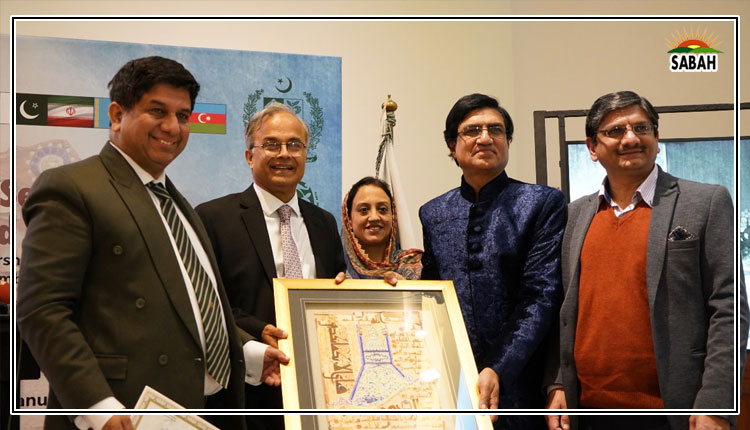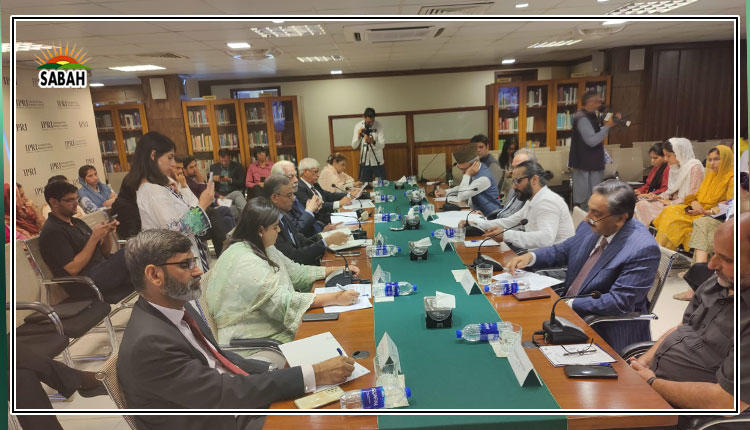Kashmir & Pak are indispensable to each other & all dimensions should be explored to raise the issue for a favourable solution: Speakers
ISLAMABAD, August 02 (SABAH): A Roundtable conference was jointly organized by Islamabad Policy Research Institute- IPRI and Legal Forum for Kashmir– LFK on the theme “Historical Analysis of Contested Sovereignty and Statehood in UN Recognised Disputed Territory of Jammu & Kashmir.”
The panelists included former foreign minister Ambassador Inamul Haq; Ahmer Bilal Soofi, President RSIL; Ambassador Asif Durrani, Special Representative on Afghanistan; Nasir Qadri, Executive Director Kashmir Legal Forum; Ghulam Muhammad Safi, former convener APHC, and Muhammad Ahmad Saghar, Convenor APHC. President IPRI Ambassador Dr Raza Muhammad, Director Research IPRI Dr. Raashid Wali Janjua, Chair IPRI Lawfare Maham Naweed and former ambassador Fauzia Nasreen also spoke on the occasion.
The delegates analysed the struggle of Kashmir from the prisms of legal, political and diplomatic angles, and took a holistic view of the prevailing situation. It was noted that Kashmir and Pakistan are indispensable to each other, and all dimensions should be explored to raise the issue for a favourable solution. Participants from Kashmir, especially, spelt out the efforts that they had undertaken under consecutive Indian governments, and regretted the attitude of intransigence of New Delhi in addressing an issue of existential crisis.
Dr. Nasir Qadri was of the view that Pakistan should have done more on the front of International Court of Justice, and added that there are ample avenues available to tap the legal decorum.
Ambassador Durrani elucidated that Pakistan had to face a lot of setbacks as India is bent upon crushing the Kashmiris, and even thinking of extra-territorial adventures. He cited Pulwama and Balakot incidents as cases of international aggression.
He said that India literally has three options while dealing with the Kashmiris, and they are: either to exterminate all the Kashmiris; befriend all the Kashmiris or talk it out with the Kashmiris.
It was noted that India’s August 5, 2019, act is tantamount to occupying it for the second time. Prime Minister Narendra Modi is in a denial mode, and his acts are in contravention to law and Constitution of India itself.
It was a general consensus among participants that the struggle in Kashmir can be better highlighted from a position of strength if Pakistan reorients its economic, political and military muscles.
Dr. Ahmer Bilal Soofi was of the view that the least that Pakistan can do is to list out the violation on all international foras, and call a spade a spade.
Ghulam Muhammad Safi, former convener APHC, said that Kashmiris have successfully registered three uprisings against India to this day, and regretted that there has not been a matching response to buoy the struggle. He pointed out that time has come for Pakistan to make its position more clear, and openly support the fight for rights and self-determination.
It was also argued that non-state actors are a reality, and cannot be brushed aside in international law, and this is why they should be openly supported by Pakistan. “There shouldn’t be any apologetic attitude while dealing with India over Kashmir,” he added.
Mahmood Ahmed Saghar pointed out that from 1947 to 1988, the struggle had been peaceful but the world community did not lend an ear. He underscored that unfortunately Kashmiris are not part of decision-making, and at times even by Pakistan. This is why it is required that Pakistan must take a final stance on struggle in Kashmir.
The roundtable was told that it’s time to break Indian intransigence, and the best way to do it is to increase the cost of India in Kashmir; unite all groups under one narrative; adopt a sustained policy approach and influence international environment.


